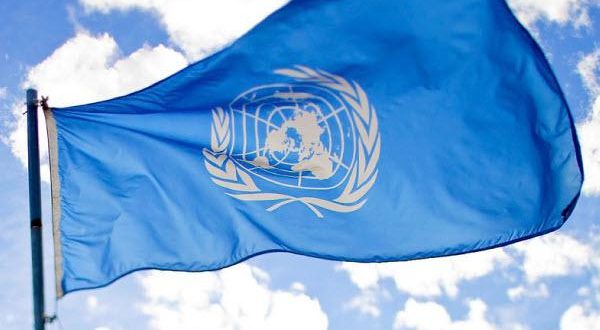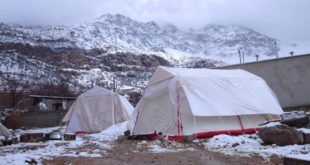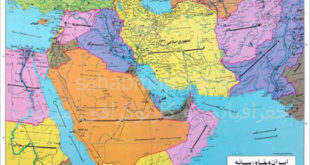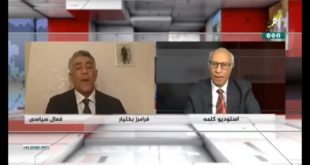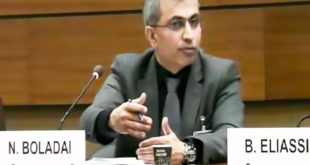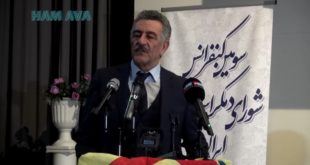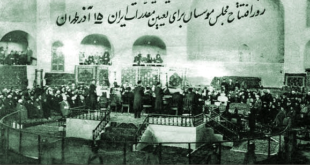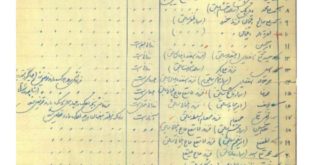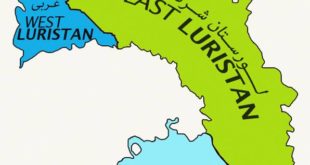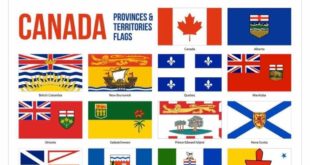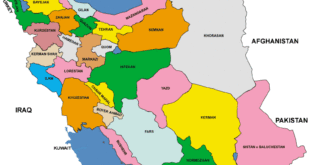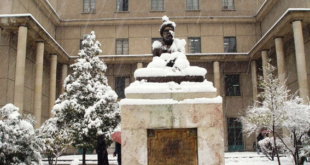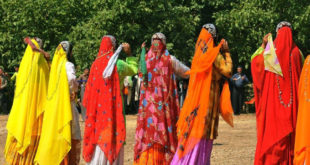Members of minorities are affected disproportionately by poverty and unemployment, according to national and international statistics as well as reports by the United Nations and non-governmental organisations (NGOs). If they have access to health care, education and decent accommodation at all, such access is only limited. In too many cases, they are excluded from societal life and have no political voice.
Two good introduction to the complex issue of minority rights are Kerstin Henrard’s article “Minorities, international protection” in the Max Planck encyclopedia of public international law and Gudmundur Alfredsson’s article “Minority rights: norms and institutions” published in 2009. Along with a brief outline of the history of international protection of minorities, both publications give the reader a profound insight into the principles of international law relating to minorities.
Like all people everywhere, members of minorities have a right not to be discriminated against. Their human rights are enshrined in diverse treaties and need to be observed. Some of those treaties, such as the International Covenant on Civil and Political Rights, contain minority-specific standards, albeit only vague ones. Moreover, there are many instruments and declarations at international and regional level that are concerned specifically with minority rights. They include, for example, the 1992 UN Declaration on the Rights of Persons Belonging to National or Ethnic, Religious and Linguistic Minorities.
Both Henrard and Alfredsson examine what role existing human rights instruments play in protecting and promoting minority rights. The authors also highlight shortcomings. Moreover, they point out that there is no universally accepted definition of the term “minority”. They then flag up the long-running controversial debate on whether there are human rights that should be granted only to minorities and not to humanity as a whole.
 لرستانات
لرستانات
